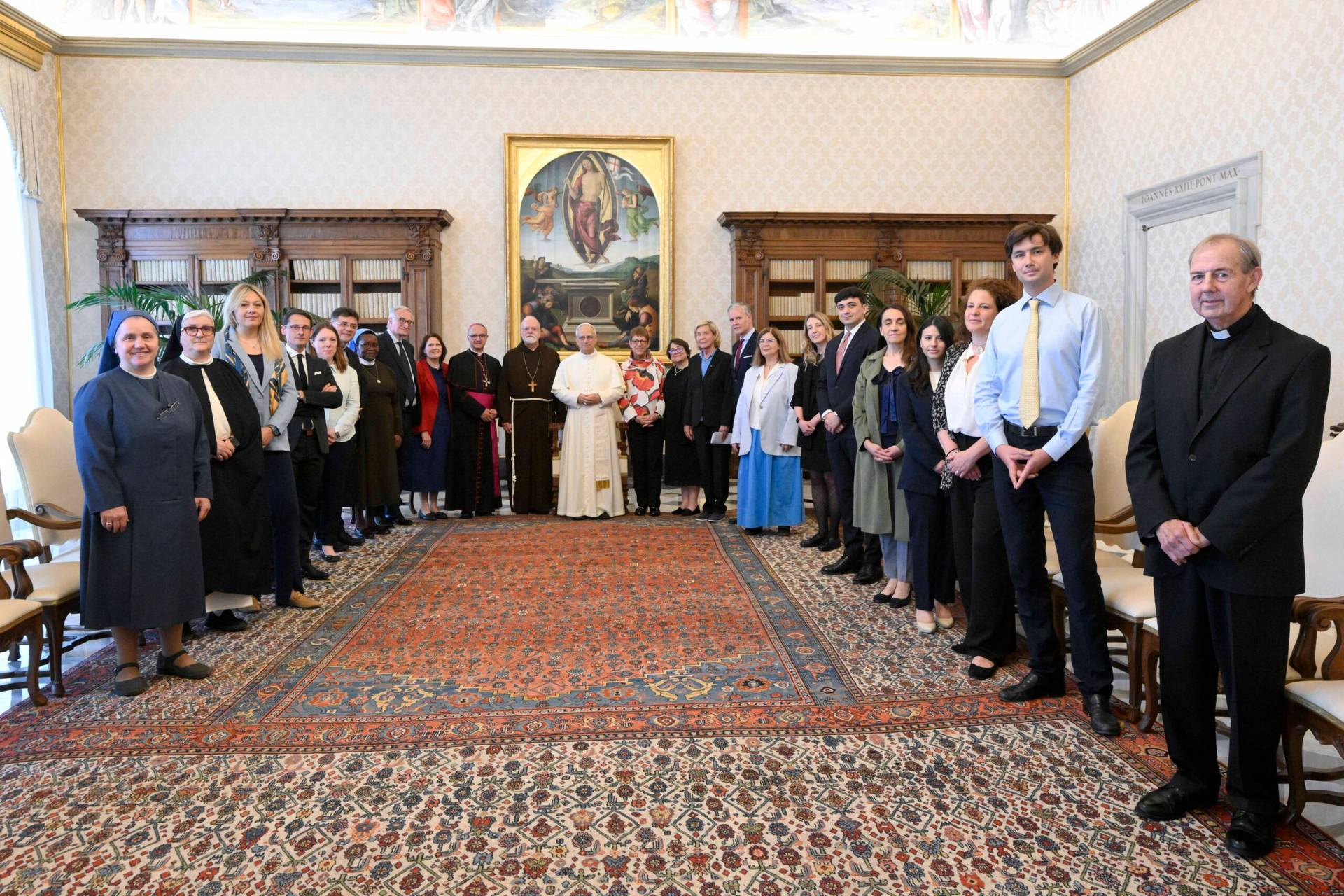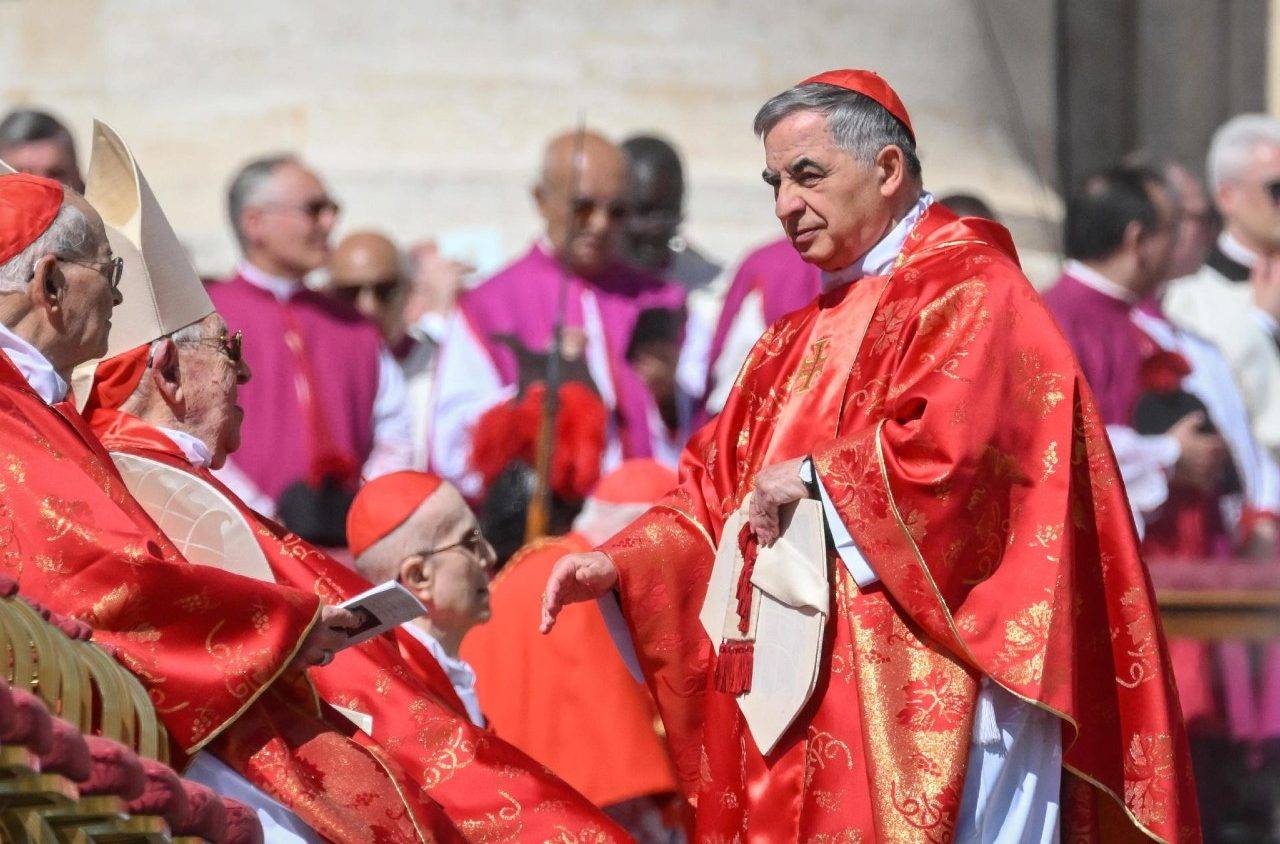Recent developments in the Central American nations of Nicaragua and Venezuela both offer not only sobering indications about the direction of those societies, but also a thorough debunking of one of the most persistent myths about anti-Christian persecution in the early 21st century.
Since the subject first arose as a matter of political and media chatter in the 1990s, conversation about anti-Christian persecution has gone through several phases of denial.
The first was that there was such a thing at all, fueled by suspicion in some cultural and media circles that “anti-Christian persecution” had been ginned up by conservative Western Christians looking to win sympathy for socially unpopular positions on matters such as homosexuality and women.
After the rise of ISIS in Iraq and Syria that position became unsustainable, and most people were willing to recognize that Christians are being persecuted today at the hands of Islamic radicalism in various parts of the Middle East.
More recently, news of a possible breakthrough in Vatican-China relations has refocused attention on the fact that there is a persecuted, underground church in China, and that it’s not just radical Muslims who sometimes see Christianity as a threat.
The remaining type of denial, and one that’s proven surprisingly enduring, is that Christians are at risk of persecution only where they’re a minority. In largely Christian societies, or so the myth goes, individual Christians ought to be safe – and if they’re not, whatever they’re suffering isn’t really “religious” persecution.
Even a moment’s reflection, however, is enough to demonstrate that it’s not just places where Christians are a minority that form the front lines of this war, and it never has been.
The Center for the Study of Global Christianity estimates that of the seventy million Christians who have been martyred since the time of Christ, forty-five million died in the twentieth century alone. By far the largest concentration was in the Soviet Union, with as many as twenty-five million killed inside Russia and an additional eight million in Ukraine. Both Russia and Ukraine are profoundly Christian societies and have been for centuries, even during the period in which they were governed by officially atheistic regimes.
Many of the most celebrated martyrs of the late twentieth century came in Latin America, among Christians who resisted the police states of the region. A reminder of that history will come in October, when Pope Francis officially canonizes Archbishop Oscar Romero of El Salvador, who was shot to death while saying Mass in 1980 for his advocacy of the poor and victims of human rights abuses.
Other examples of these “majority martyrs” include American Sister Dorothy Stang, the great “martyr of the Amazon” in overwhelmingly Catholic Brazil, and Maria Elizabeth Macías Castro, a leader in the Scalabrinian lay movement and a popular blogger, beheaded in Mexico in 2011 for exposing the activities of a drug cartel.
Today, Latin America is once more in the forefront of exposing the “only a minority” myth, due to literal violence in Nicaragua and mounting political and legal harassment in Venezuela.
Yesterday, Crux’s Inés San Martín offered a chilling tick-tock of recent attacks on Church personnel or sites in Nicaragua, where forces loyal to Sandinista President Daniel Ortega and his wife, Vice President Rosario Murillo, are increasingly inclined to see Catholic clergy and activits as the enemy.
RELATED: Nicaragua’s bishops to pray for exorcism amid Ortega crackdown
- On Tuesday, according to the auxiliary bishop of Managua, the country’s capital, the neighborhood of Monimbo in the southeast city of Masaya was under attack. He said gunfire reached the parish of St. Mary Magdalene, where a Catholic priest was seeking refuge.
- On Saturday, the Divine Mercy Church in Managua was under siege for 16 hours. It had become a refuge for students who, while protesting at a nearby university, were attacked by pro-government forces. Pictures posted to social media showed the church had been pockmarked by bullets.
- On Sunday, the car of a bishop was shot at as he was on his way to the northern city of Nindiri, where he had hoped to stop an attack by the military. He wasn’t wounded, but the tires and windows of the car were destroyed.
- On the same day, the house of a priest in Masaya was ransacked by the police. Belongings were taken with no explanation given.
- On Monday, a center of the papal charity Caritas was set aflame in the northern city of Sébaco.
- On July 9, a cardinal, a bishop and the papal representative were among clergy from Managua attacked as they attempted to protect St. Sebastian Basilica in the nearby city of Diriamba from a pro-government mob.
In Venezuela, meanwhile, the country’s bishops emerged undaunted from their July 7-11 general assembly, calling the government of President Nicolás Maduro no more than a “de facto regime” due to its failures to respect both the national constitution and also the “highest principles of the dignity of the people.”
RELATED: Facing crises inside and out, Latin America’s Church is hands-on
While so far there have been few incidents of violent attacks on Catholic targets, in January Maduro called on prosecutors to charge two Catholic bishops with “hate crimes” for delivering homilies in which they denounced widening hunger and corruption. The hate crimes statute he invoked, by the way, had been adopted by a legislature the bishops have denounced as illegitimate, and the law has been denounced by human rights groups as a tool for clamping down on political opposition.
No formal charges against the bishops ensued, but it was a clear signal the government is watching. One of the prelates, Archbishop Antonio López Castillo of Barquisimeto, later said he’d received a phone call of support from Pope Francis.
Nicaragua and Venezuela, needless to say, are both heavily Catholic societies in which the Church long has occupied a dominant position.
They both happen to be in Latin America, but there are plenty of examples elsewhere. In the overwhelmingly Catholic Philippines on Thursday, for instance, a 71-year-old Australian nun was ordered to be deported due to her participation in protests against a brutally violent anti-drug crackdown launched by President Rodrigo Duterte. Across the country, Catholic activists have been targeted by pro-Duterte forces.
What recent developments confirm is that anywhere Christians profess their faith openly, anywhere they take controversial stands in favor of social justice and human rights on the basis of their convictions, they are exposed to danger. Indeed, martyrdom is at least as likely where Christians are in the majority, for the simple reason that it’s more probable that the activists and voices of conscience who stir opposition will be Christians.
Put differently, the core truth of Christian life remains as true in the 21st century as it was in the first: The Gospel is always disruptive, so anyone who takes it seriously and is willing to put his or her life on the line for it isn’t likely to have guarantees of safety, no matter where they live.
















